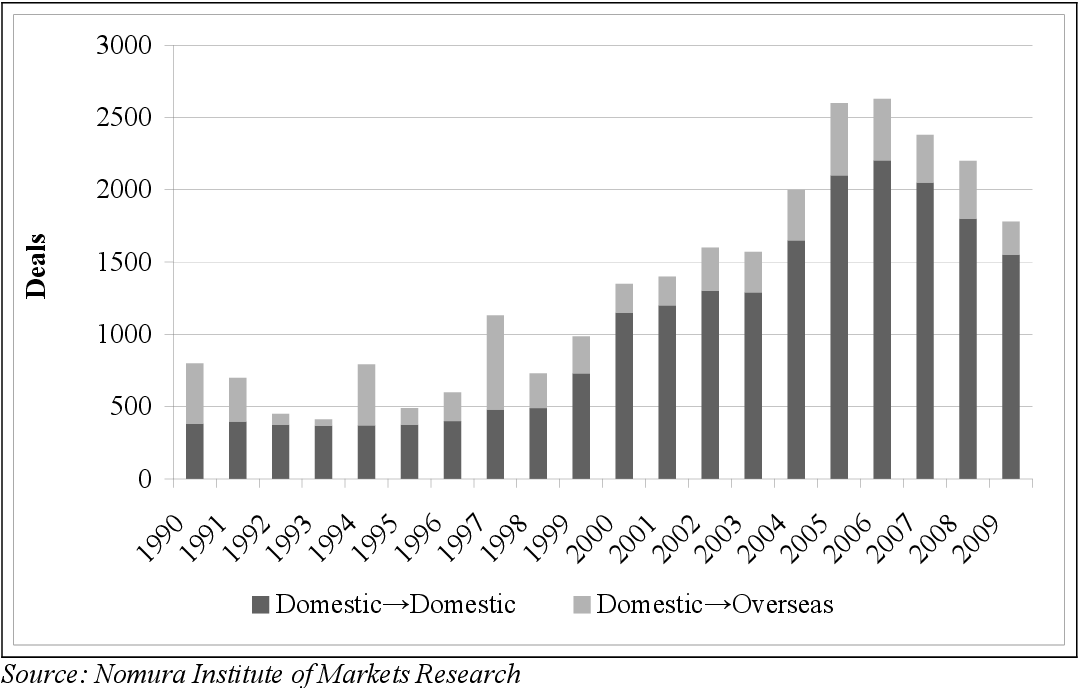Foreign investors displayed robust confidence in Japanese stocks throughout 2023, propelled by optimism surrounding corporate governance reforms and a weaker yen against the dollar. The inflow of foreign investments into Japanese stocks reached an impressive 6.3 trillion yen ($43.39 billion) on a net basis last year, marking the highest amount since at least 2014, as reported by data from the country’s stock exchanges.
Last year witnessed overseas investors acquiring approximately 3.12 trillion yen worth of cash equities, breaking a three-year-long selling streak, and a net 3.17 trillion yen worth of derivatives. The Nikkei share average soared to a new 34-year high of 35,839.65, fueled by fading expectations of an early withdrawal from stimulus measures by the Bank of Japan and consistent strong purchasing by foreign investors, resulting in a 28.2% gain for the index.
Bank of America drew parallels between the current year and the previous year’s rally, emphasizing the potential impact of Shunto wage hikes. The brokerage noted that, similar to last year, a series of major companies announcing substantial wage increases in recent weeks suggests a higher likelihood of an even more robust Shunto this year.
However, the first week of 2024, though shortened by holidays, saw overseas investors withdrawing approximately 112.01 billion yen from Japanese stocks on a net basis. Concurrently, these investors directed a notable 5.35 trillion yen into short-term Japanese bonds, marking the most significant weekly net purchase since December 9, 2022. Long-term Japanese bonds, on the other hand, experienced foreign outflows totaling around 402.7 billion yen.
In a contrasting trend, Japanese investors actively participated in overseas markets during the same period, purchasing 190.7 billion yen in foreign equities for the second consecutive week. Additionally, they invested 542.3 billion yen in long-term overseas bonds, while offloading about 83.2 billion yen in short-term foreign debt securities.



